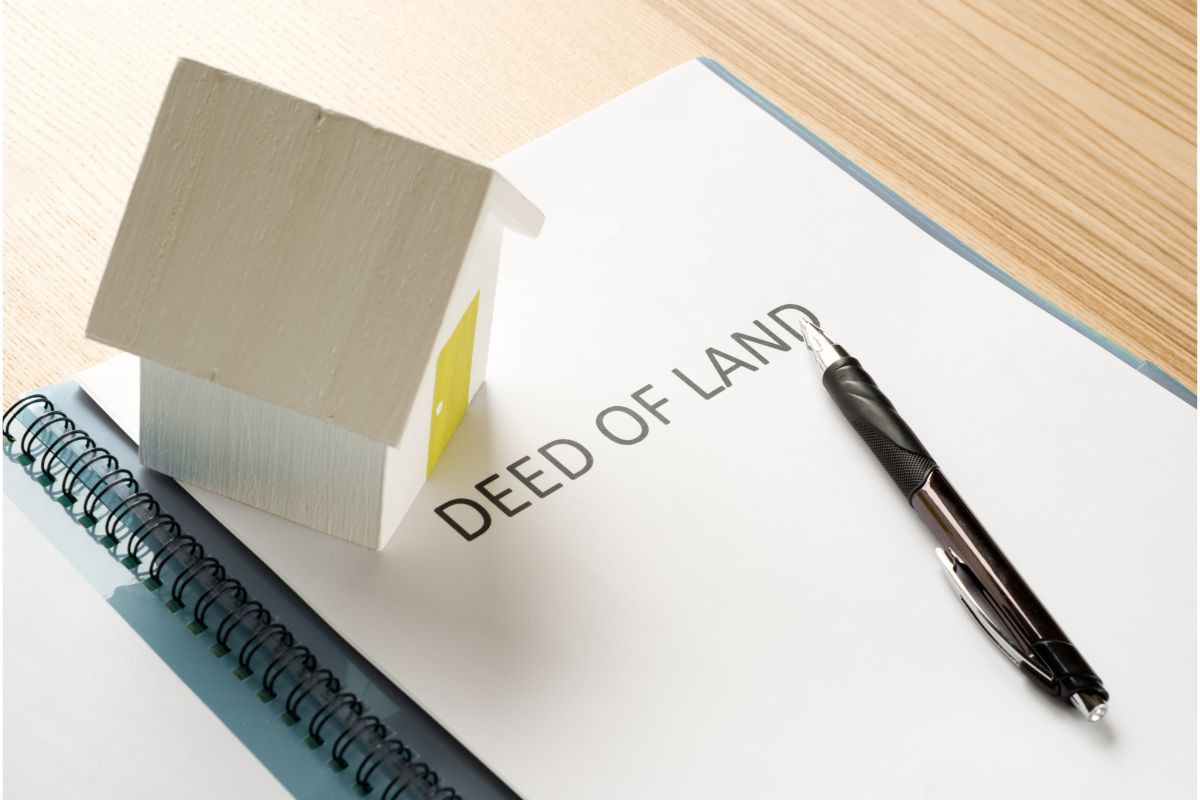Jay Pierce from our [family law, relationship property] team explores……

It is time to dust off your Trust
Maybe you started a new business venture and were worried about business risk. You set up a trust to hold the family home. Maybe you set up the trust in the hope that “one day” it would assist you to qualify for residential care and you transferred some of your assets to the Trust. Maybe you set up the trust to cater for “blended” families.
Provided you paid the mortgage on time and managed your annual gifting within the prescribed limits to qualify for residential care you slept well. You let the trust be and left it on the bottom shelf where the deed gathered dust. Everything is alright …. Or is it?
Do you understand the provisions of the Trust Deed?
When is the last time you read the Trust Deed? The introduction of the new Trusts Act 2019 (the Act) in January 2021, meant you would have to dust off the Trust Deed and be more hands on. As a trustee, you are required to know the contents of the Trust Deed and understand what is required from you as a trustee.
Most of the IPPs have exceptions. For example, IPP 2 allows an organisation to collect personal information from sources other than the individual concerned in some circumstances, such as where this is necessary for the protection of public revenue.
The Trust’s affairs are not so private any more
Maybe your children or even grandchildren do not know about the Trust – in your mind “your” affairs are private. Not any longer.
It has always been understood that, as a Trustee, you must act for the benefit of the beneficiaries. Under the new Act the beneficiaries are, subject to certain limitations, entitled to “basic information”. The purpose of this rule is to enable the beneficiaries to enforce the terms of the Trust and the duties of the Trustees. That means that Trustees will routinely have to disclose at the least the following information to all beneficiaries who are aged 18 and over:
- the fact that the person is a beneficiary of the Trust;
- the name and contact details of the Trustees;
- details of any appointment, removal or retirement of Trustees as and when it happens; and
- the right of a beneficiary to request a copy of the terms of the Trust or Trust information.
What if the Trust Deed is silent on the age that beneficiaries may receive distributions?
Until 30 January 2021 beneficiaries may not have validly received any entitlement until they reached the age of 20 years. However, under the new Act the age of majority is 18 years (not 20) and unless the Trust Deed provides a later date, vesting of benefits under the Trust can take place at 18 years.
This particular change may also impact the provisions of your will governing your personal estate. Now is therefore a good time to review your Will to ensure the provisions still align with your wishes.
May I provide for my great grandchildren under the Trust?
Yes – potentially you may. Under the new Act, a Trust may continue to exist for the longer period of 125 years not just 80 years.
Do I have to be a lawyer or have a legal background to be a Trustee?
The short answer is “no”.
However, as the mandatory duties of trustees under NZ law are now clearly summarised in the new Act in a very accessible format which is easy to understand, there is no excuse for not knowing what you are doing.
You need to be an active Trustee and be involved in the management and administration of the Trust and its affairs. You need to know the provisions of the Trust Deed, act in accordance with those provisions for the benefit of the beneficiaries (this also means you must avoid conflicts of interest when you are a Trustee and beneficiary), act honestly and in good faith and exercise your powers as Trustee for a proper purpose.
Conclusion
In the light of the more onerous duties on Trustees, and, in particular, new rules around routine disclosure of information to beneficiaries, it is important that Trust Deeds are polished off and reconsidered – some Trusts will need a new lease of life, some may need to be restructured or varied and some may even need to be wound up if they are no longer relevant or fulfilling their objectives.
If Hamish.Fletcher Lawyers provides a Trustee (a corporate or an individual) to your Trust, we will need to work with you to undertake a review of the Trust Deed and the Trust’s administration to ensure compliance with the Act and we look forward to working with you on this. Even if we do not provide a Trustee and none of your Trustees are professional or independent Trustees, we recommend that a review of this nature is carried out sooner rather than later to avoid any unpleasant surprises.
The HFL Personal Planning Team (Trusts, Wills and Estates) (headed by Jennie Cox, assisted by Ron Thomson, Tracey, Natalie Ogden-Bell and Yolanda) is happy to assist you with all Trust related matters and can help you with the provisions of the new Act that came into effect in January 2021.
You can contact us on 03 539 0210 and speak to our Trusts ad Estates team.

